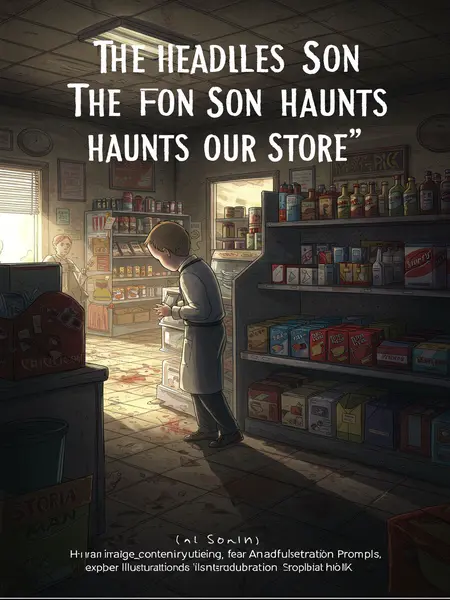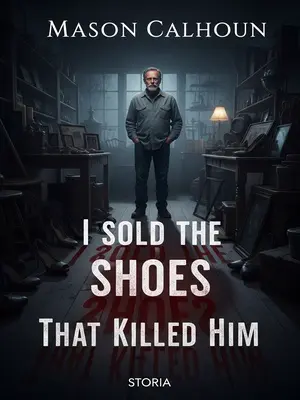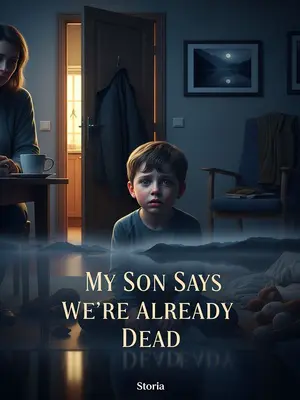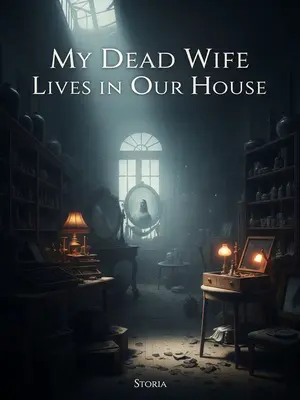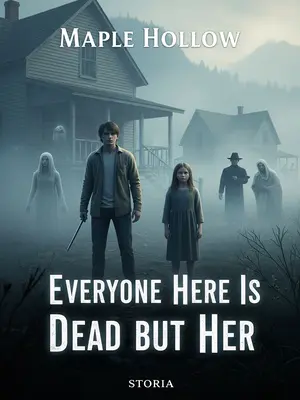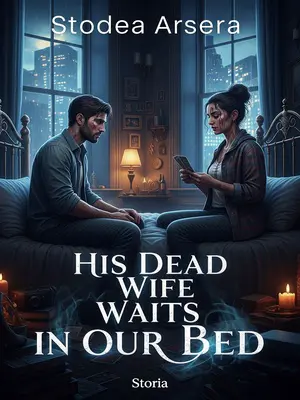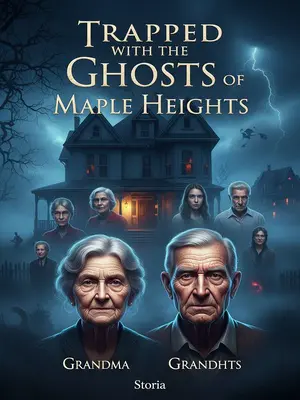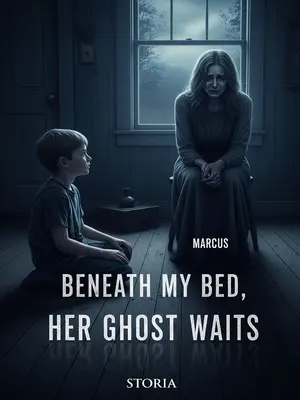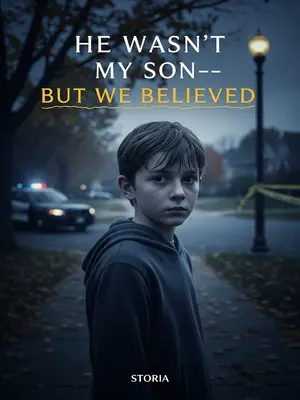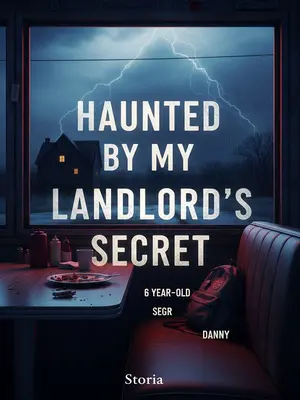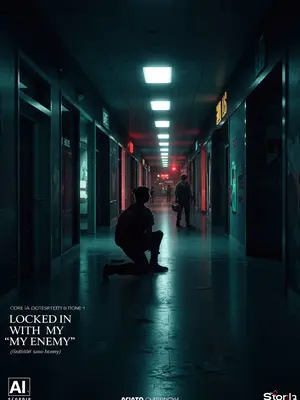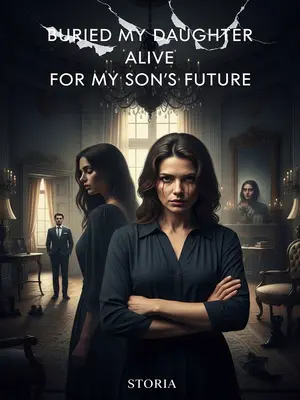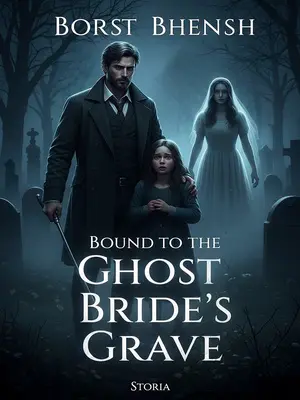Chapter 4: Spirits at the Door
The man’s face suddenly turned grim. He rubbed his neck and muttered, "Why does my neck hurt all of a sudden?"
Just then, Grandpa came in with food. He looked up at the fan, his face going pale. He said, "Sir, don’t sit under the fan. It’s not sturdy. Come sit over here."
He set the food by the window and turned off the fan.
The man looked confused for a second, like he didn’t know what he’d just done.
He walked over and sat by the window.
Grandpa smiled, "Didn’t want the noodles to get cold, so I cooked one bowl first. When your wife gets here, I’ll make the other."
The man nodded, "Sir, the fan isn’t sturdy. Why not fix it? What if something happens?"
Grandpa said, "It’s cold in this part of Ohio. We hardly use the fan, so I never bothered."
He shrugged like it was nothing, but his eyes flicked nervously to the beam overhead. In this old town, fixing things sometimes meant slapping on a patch and hoping for the best.
The man looked up at the fan, then at the black bag hanging next to it. He asked, "Sir, what’s in that black bag? I saw it two years ago."
Just then, another thunderclap boomed.
The old plaster on the walls shook loose.
Little flakes of white drifted down like snow onto the dusty countertop. I could smell damp earth and mold as the rain tried to seep in through the window sills.
Whenever it thundered, I didn’t dare look under the fan—I was scared I’d see the second son’s shadow.
Grandpa forced a laugh, "Nothing, just some old herbs. Too lazy to move them."
But Grandpa was lying.
The black bag held something special.
Our whiskey was famous for its flavor. Every time we made a new batch, Grandpa would take down the black bag. After the whiskey was finished, he’d hang the bag back up. Nobody knew what was inside.
It was a family secret, something that got whispered about at block parties and church potlucks, but never explained. The bag had hung there so long, its leather was cracked and shiny from years of use.
As soon as Grandpa finished, we heard someone at the door.
The bell over the door gave a tired jingle as the woman stepped in, her boots squelching on the mat. The little girl’s red dress was the only bright spot in the gray gloom.
I turned and saw a woman carrying a little girl come in.
The woman was ghostly pale, eyes bloodshot. The rain outside was heavy, but she wasn’t wet—just her shoes and pant legs were damp.
She wore a faded denim jacket with torn cuffs, and her hair was slicked back, not a strand out of place despite the wind outside. She moved with a stiffness that made my skin crawl.
The little girl looked about three or four, wore a red dress, and had two little braids.
She clung to her mother’s hip, her eyes wide and unblinking as she took in every detail of the store.
As soon as she came in, the girl pointed at the black bag hanging from the beam and said, "Sissy."
Then she giggled, "Hee hee hee."
She looked cute when she laughed, but there was something off about it, especially her dark eyes, which barely had any whites.
Her giggle was sweet, but it made my skin crawl—like hearing a nursery rhyme in a haunted house.
The woman stroked the girl’s head and smiled, "Maddie can see her sister. What’s she doing?"
The little girl smiled, "Sissy’s playing with uncle. Uncle keeps his head down."
Her words seemed to echo off the old wooden shelves. For a second, I felt a cold breeze swirl around my ankles, as if someone invisible was running past.
Right then, a bolt of lightning split a tree outside in two.
A fire started in the middle, but the rain put it out in seconds.
The sharp crack of the tree breaking sounded like a gunshot. Everyone jumped. The smell of burnt wood drifted in, mixing with the scent of wet pavement.
Grandpa’s face turned grim. He forced a laugh, "I’ll go cook the noodles. You all sit tight."
He nearly tripped over the mat, glancing back at the red paper like he wished he’d never touched it.
Grandma peeked out from the back room, clutching the whiskey bottle, her eyes wide with fear.
The little girl looked at Grandpa and giggled. The laugh was sharp, almost chilling.
It sounded too old for her age, like someone much older was laughing through her mouth. I backed up a step, suddenly wishing I’d listened to the old man and gone upstairs.
The woman sat down beside the man, holding the girl. She looked at Grandpa and asked, "Sir, what’s with the red paper on the beam?"
Her voice was flat, almost accusing, as if she already knew the answer.
Grandpa forced a laugh, "A homeless man gave it to me. Said the store wasn’t clean. Told me to put it up and the problem would go away. Not sure if he was telling the truth."
He tried to sound casual, but his hands trembled as he wiped them on his apron.
As soon as he finished, the woman’s face turned grim. She stared hard at the corner by the stairs, like she saw something there.
The woman said in a cold voice, "That’s not for protection, sir. That’s a beacon. You need to tear it down—now."
She spoke with such authority, the room seemed to shrink around her words. The storm outside raged, but inside, every eye turned to the red paper pulsing on the beam, wondering what would happen if anyone dared to touch it.
The wind rattled the windows, and for a split second, I thought I saw a shadow—headless—standing by the stairs, waiting.
